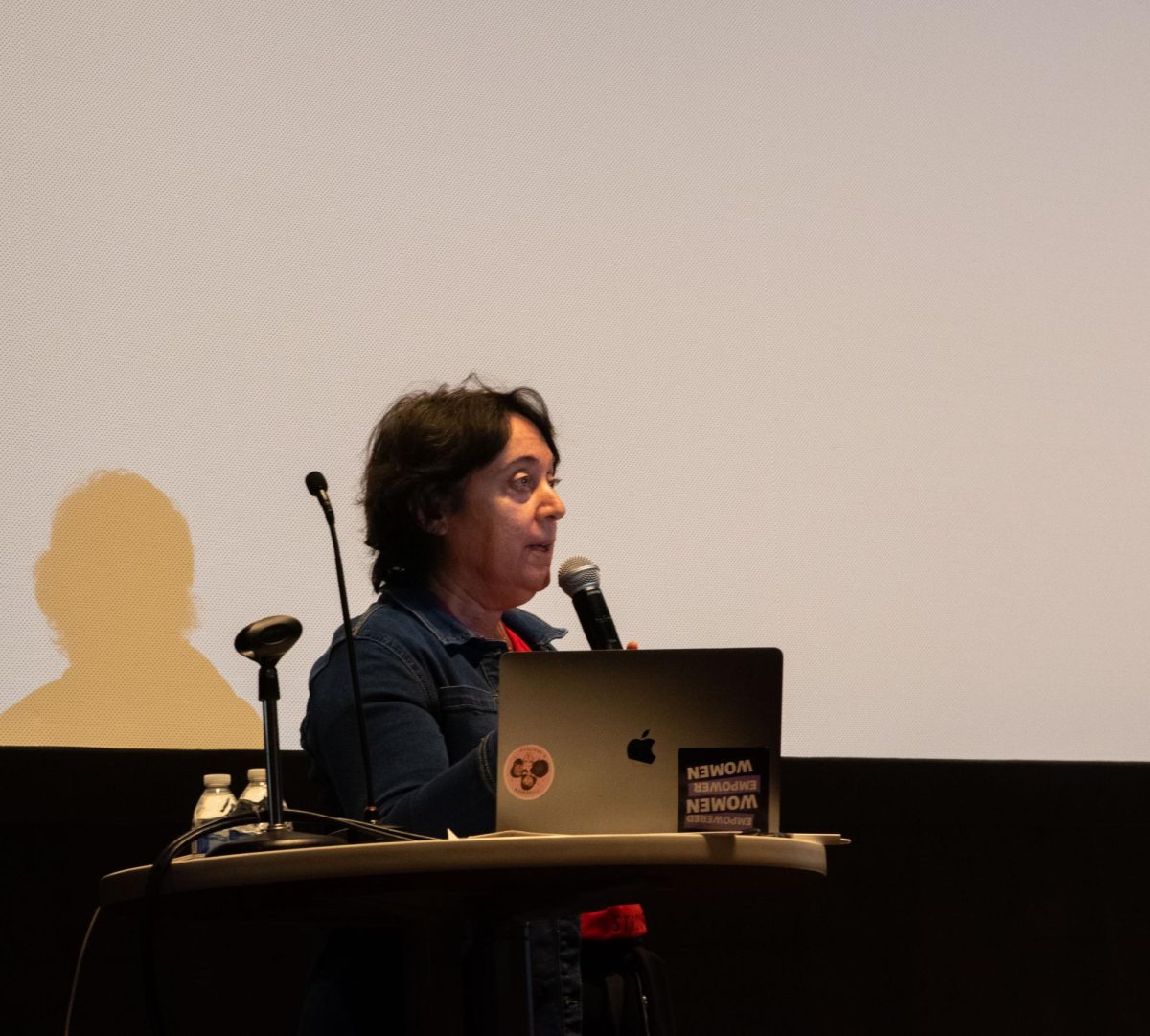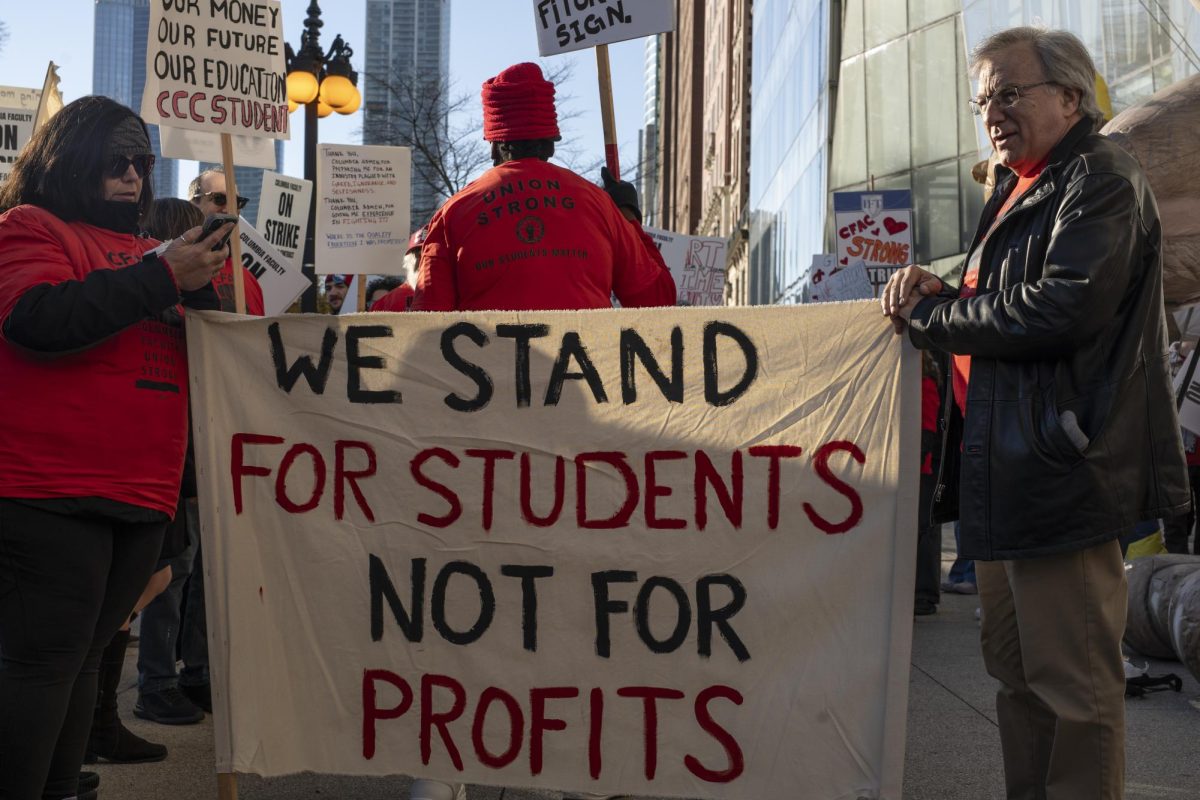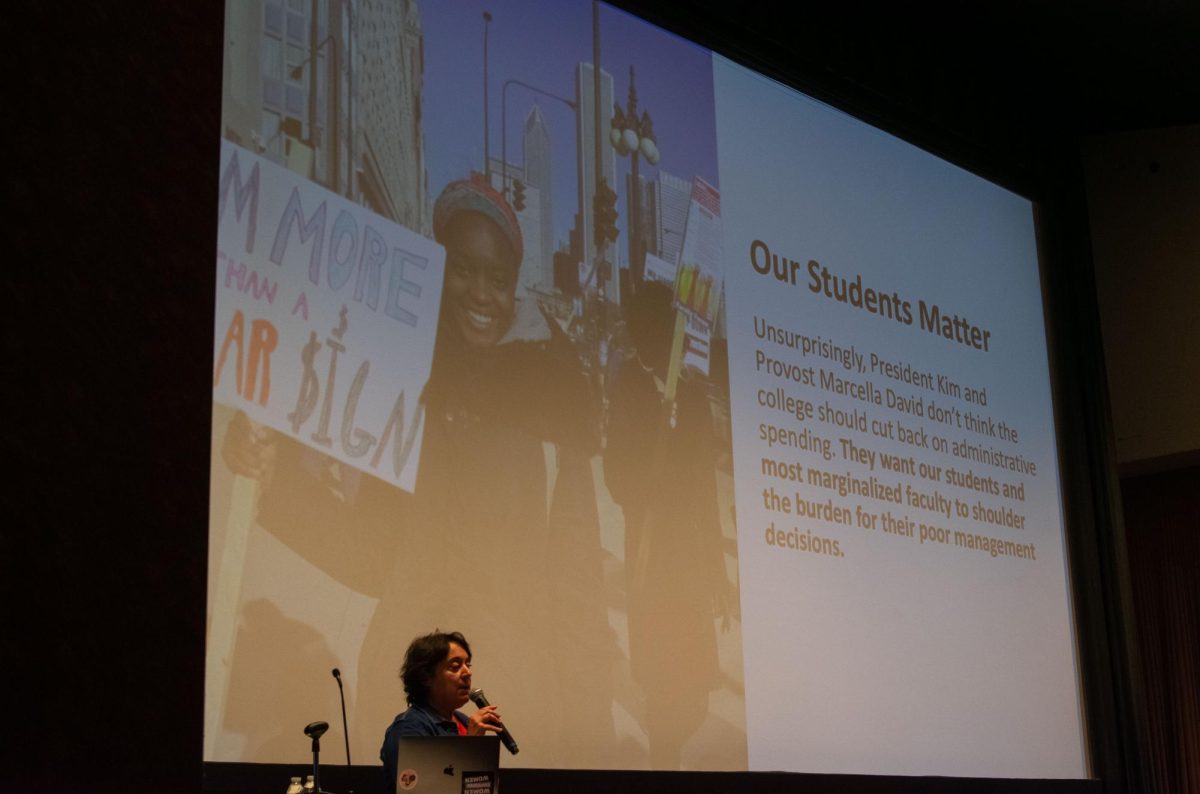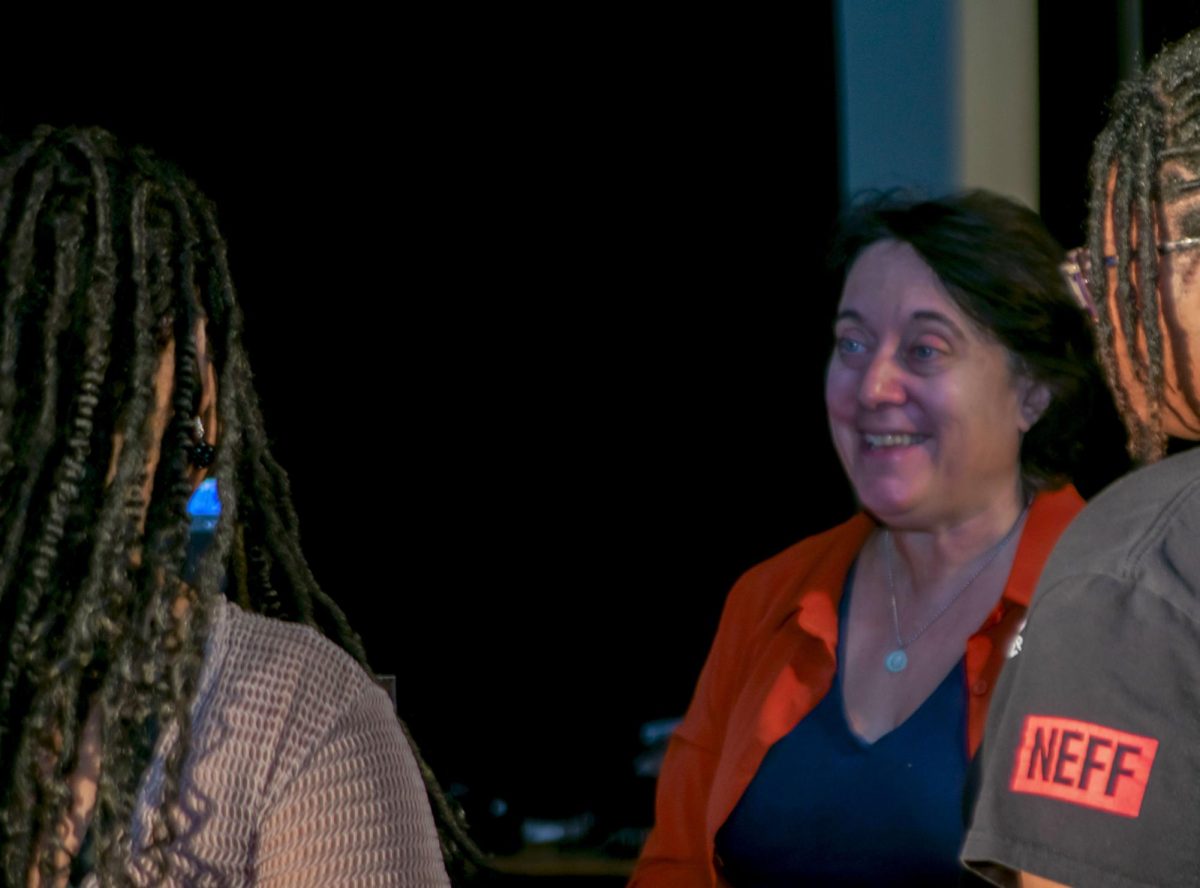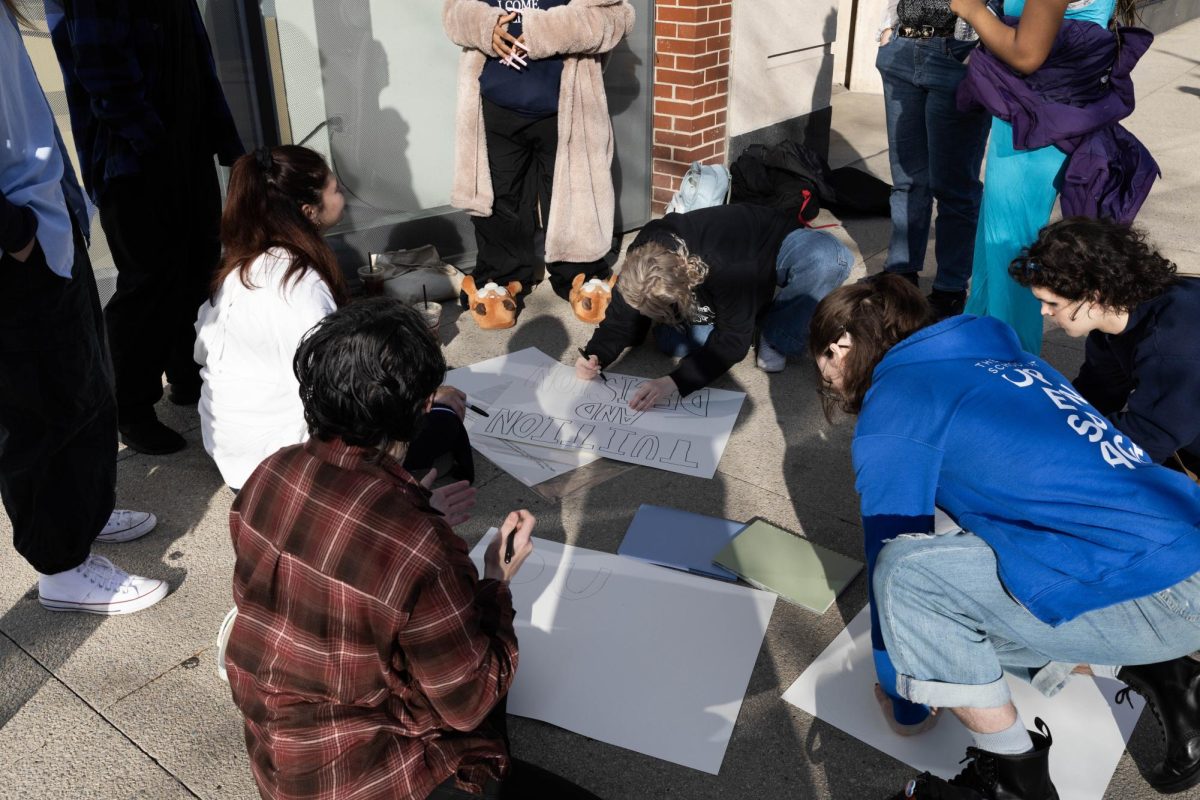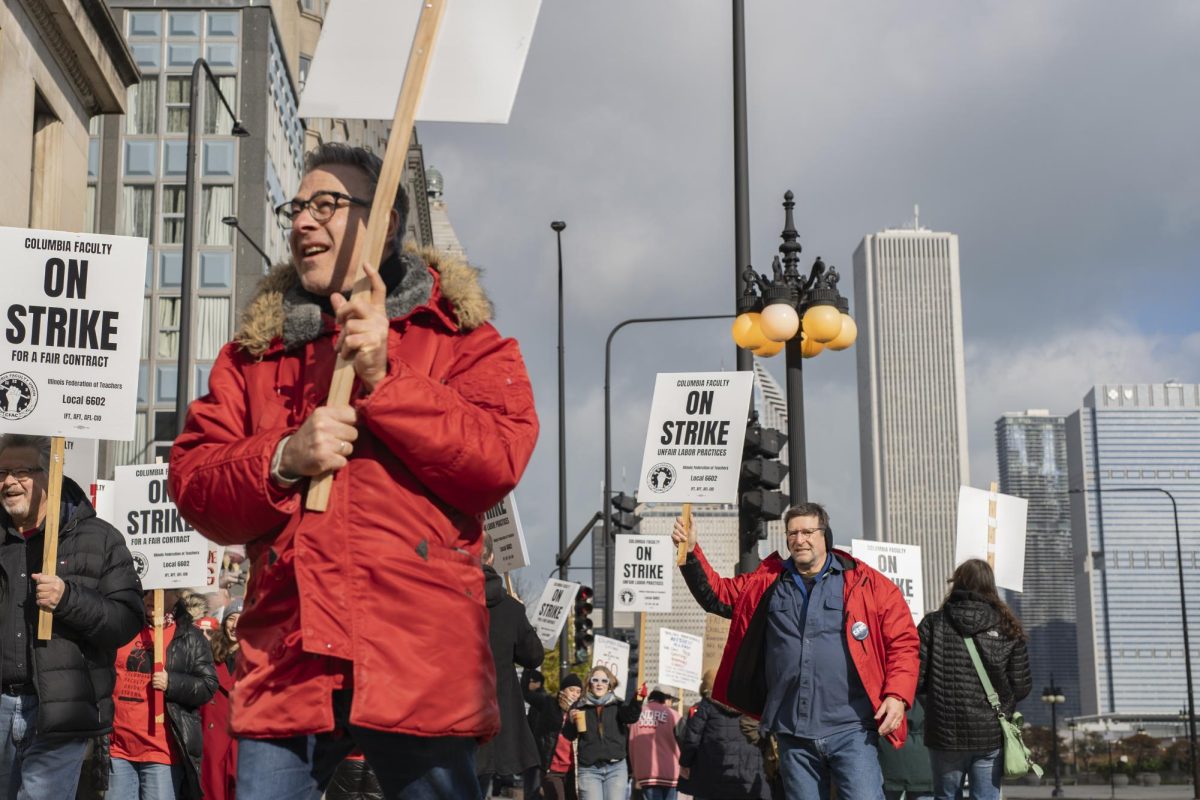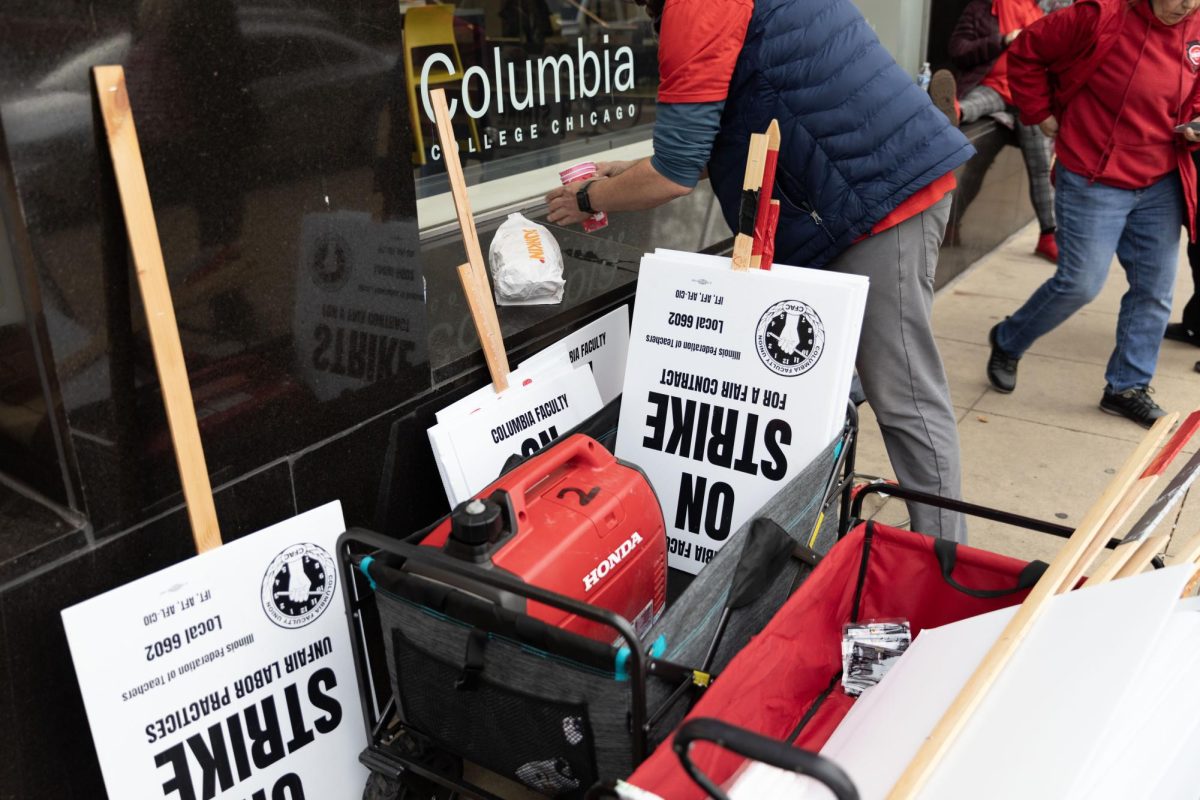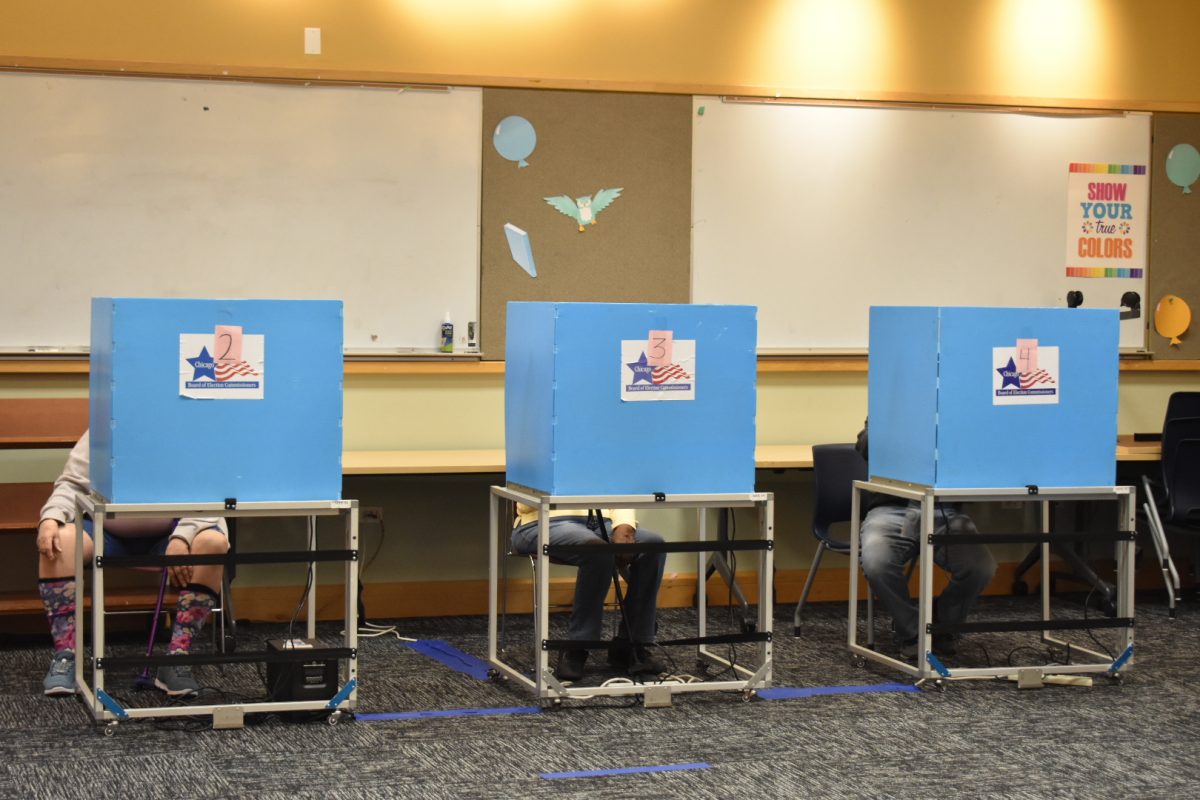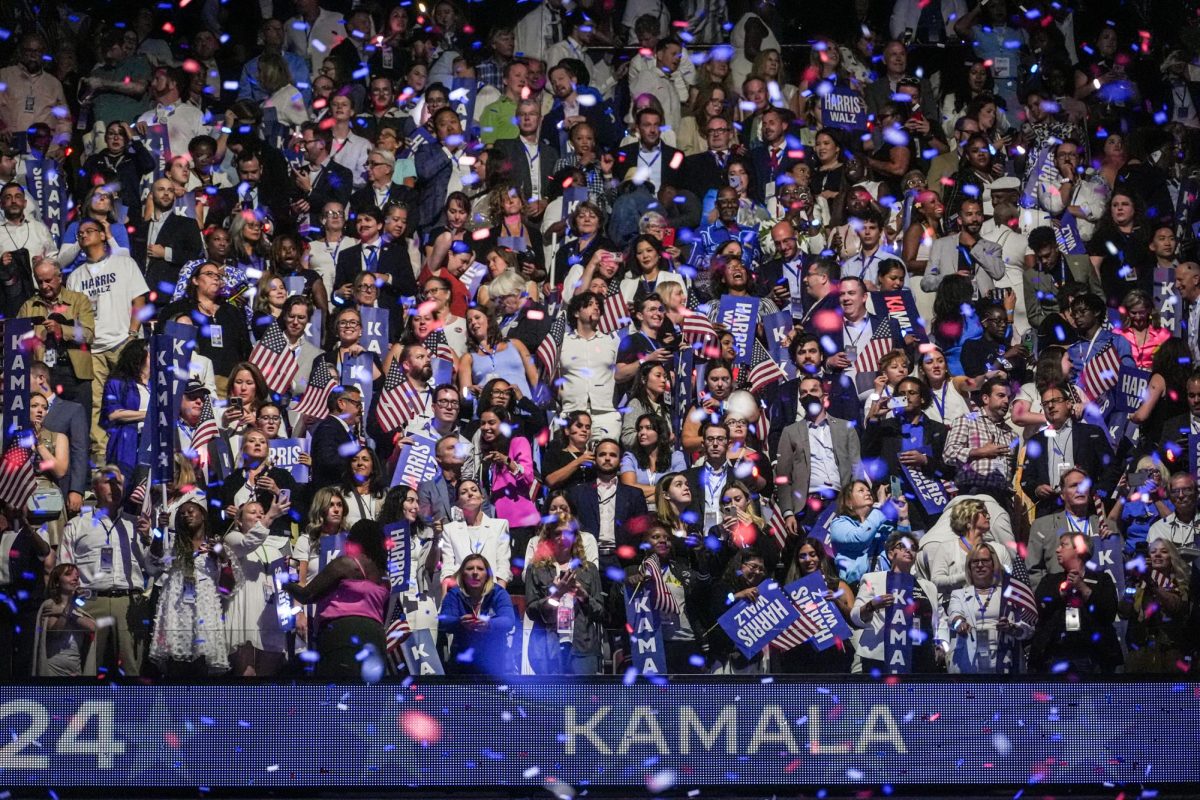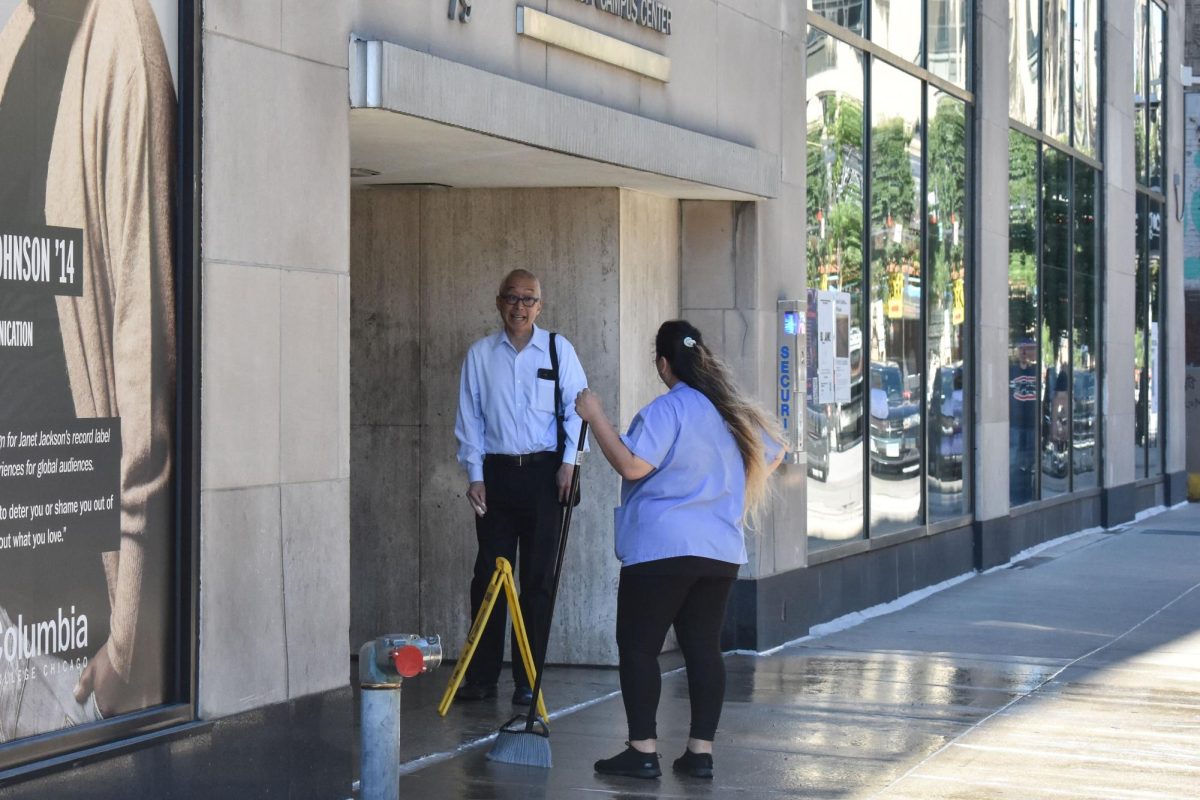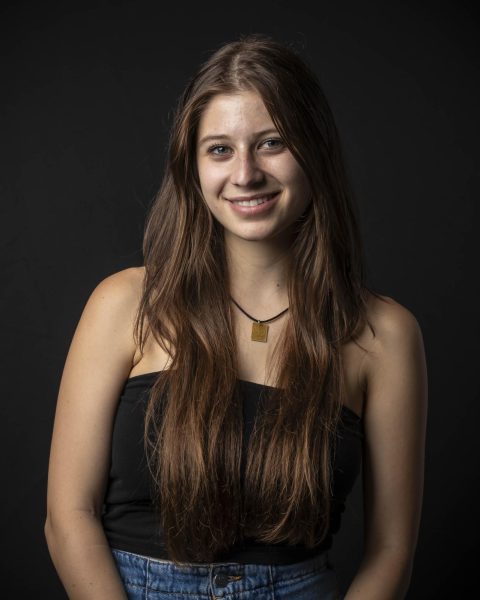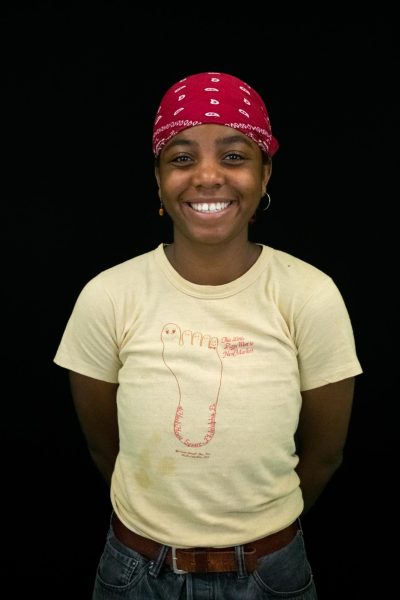Columbia’s part-time faculty union – or CFAC – has started voting on whether to authorize a strike over increased class sizes and the possibility of fewer classes for part-time faculty to teach.
Voting started on Friday, Oct. 20 and will be open for five days, closing on Wednesday, Oct. 25. The union will announce whether they intend to strike by Thursday, said Delia Pless, CFAC’s publications chair.
Voting is open to all part-time faculty who are a part of the union, Pless said.
The college is considering a number of cost-cutting measures to address a $20 million deficit. Some of them include eliminating graduate programs with low enrollment, discontinuing certain undergraduate degrees, reducing the core curriculums credits from 42 to 30 and selling some campus buildings.
“We’re fighting for quality education, dignified working conditions and a fair contract. Enough is enough. Faculty are uniting to raise standards for our students and colleagues and defend our rights,” CFAC president Diana Vallera, a part-time photography instructor, told the Chronicle.
Striking part-time faculty would not be teaching their classes.
“We hope the union chooses to negotiate rather than strike. The college is taking this situation seriously,” said Lambrini Lukidis, associate vice president of Strategic and External Relations. “We are committed to mitigating any disruption to campus life and instruction as much as possible.”
Chief of Staff Laurent Pernot and Special Counsel Labor Relations Terence Smith sent an email out to students and employees Friday evening stating the college is committed to reaching a fair contract for part-time faculty members, to help serve the academic goals of students.
“The union holds that the college had no right to make the decisions it has made on course offerings and class sizes without first bargaining over the decision with the union,” the email said. “The college has told the union that, while we reserve the prerogative to make decisions that are fundamentally the domain of management, we stand ready to bargain over the impact of these decisions, which the union has so far declined to address in bargaining sessions.”
Part-time faculty make up the majority of Columbia’s professors. As of 2022, Columbia employed 235 full-time faculty and 581 part-time faculty members, according to Institutional Effectiveness’s 2022 Fact Book. Full-time faculty members typically teach three courses per semester. Some full-time faculty members teach four courses per semester.
The union has filed an unfair labor practice complaint with the National Labor Relations Board over increasing class size and cutting courses.
The potential strike would come as the union and college in contract negotiations.
Lukidis said the last CFAC strike was in November 2017.
The vote to strike came on the same day the union hosted a Town Hall at the 1104 S. Wabash Ave. building, open to students, faculty and staff to address the college’s spending, bonuses given to the administration and the possibility of increasing class sizes and cutting courses, in order to close the college’s deficit and balance Columbia’s budget.
Hundreds of students attended the Town Hall, in addition to employees.
The Board of Trustees told the administration they have until 2026 to balance the college’s budget. Before the fall semester started, President and CEO Kwang-Wu Kim told the Columbia community that the college remains “off-track” in closing the deficit.
Smith and Pernot’s email outlined misconceptions about the school’s current financial status, noting that most of the college’s current debt predates the current administration, and the college’s debt liability has decreased in recent years.
“The union also alleges that the college has manufactured its current fiscal challenge for political expediency at the bargaining table,” the email said. “The fact of the matter is that, while the college remains on solid financial footing, its current deficit is not sustainable and the Board wants it addressed, something the administration has laid out plans to achieve.”
Their initial strategy to break even was to increase freshman enrollment, improve student retention, increase net tuition revenue and achieve operational efficiencies
This story has been updated as the story develops.


